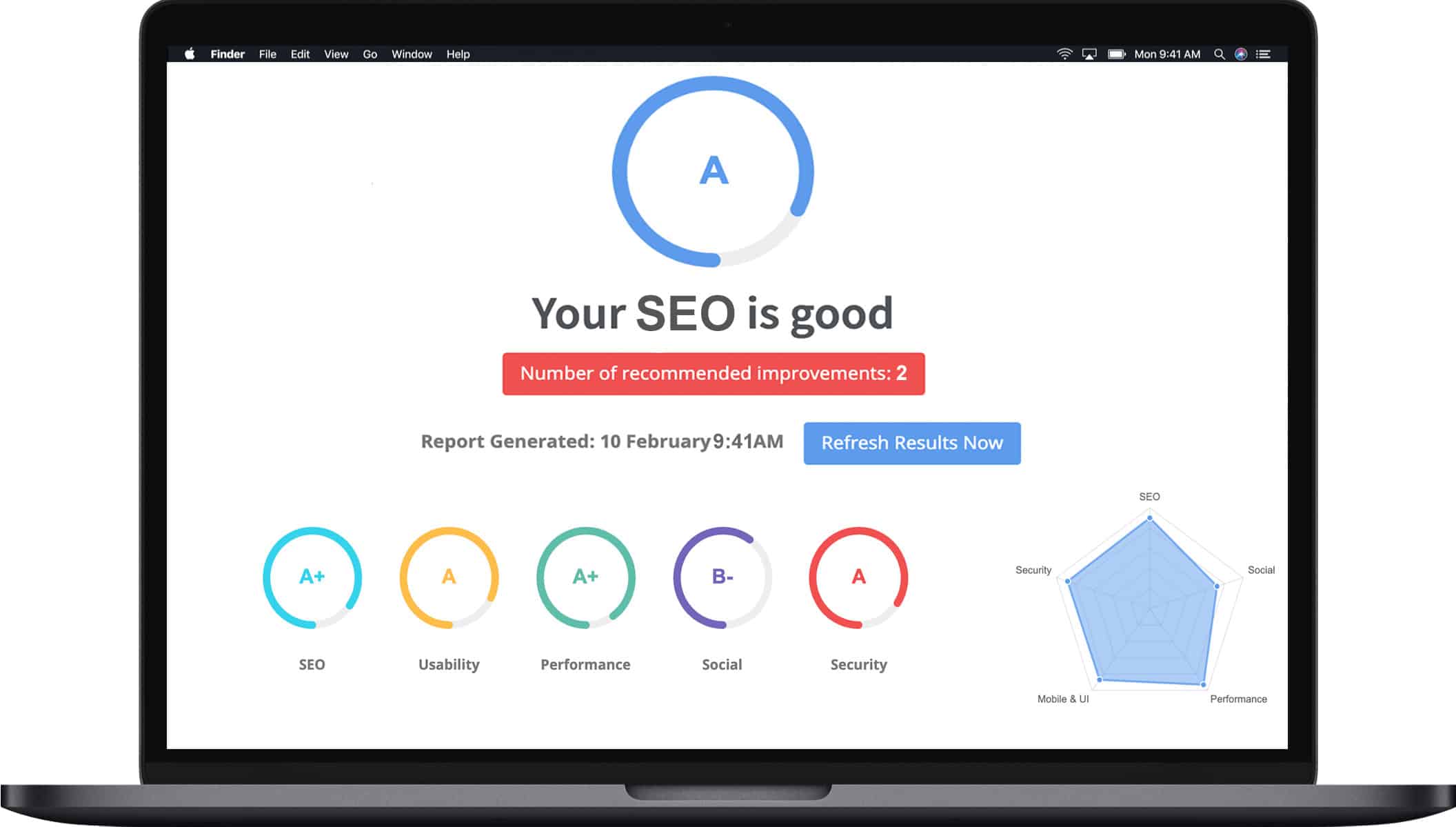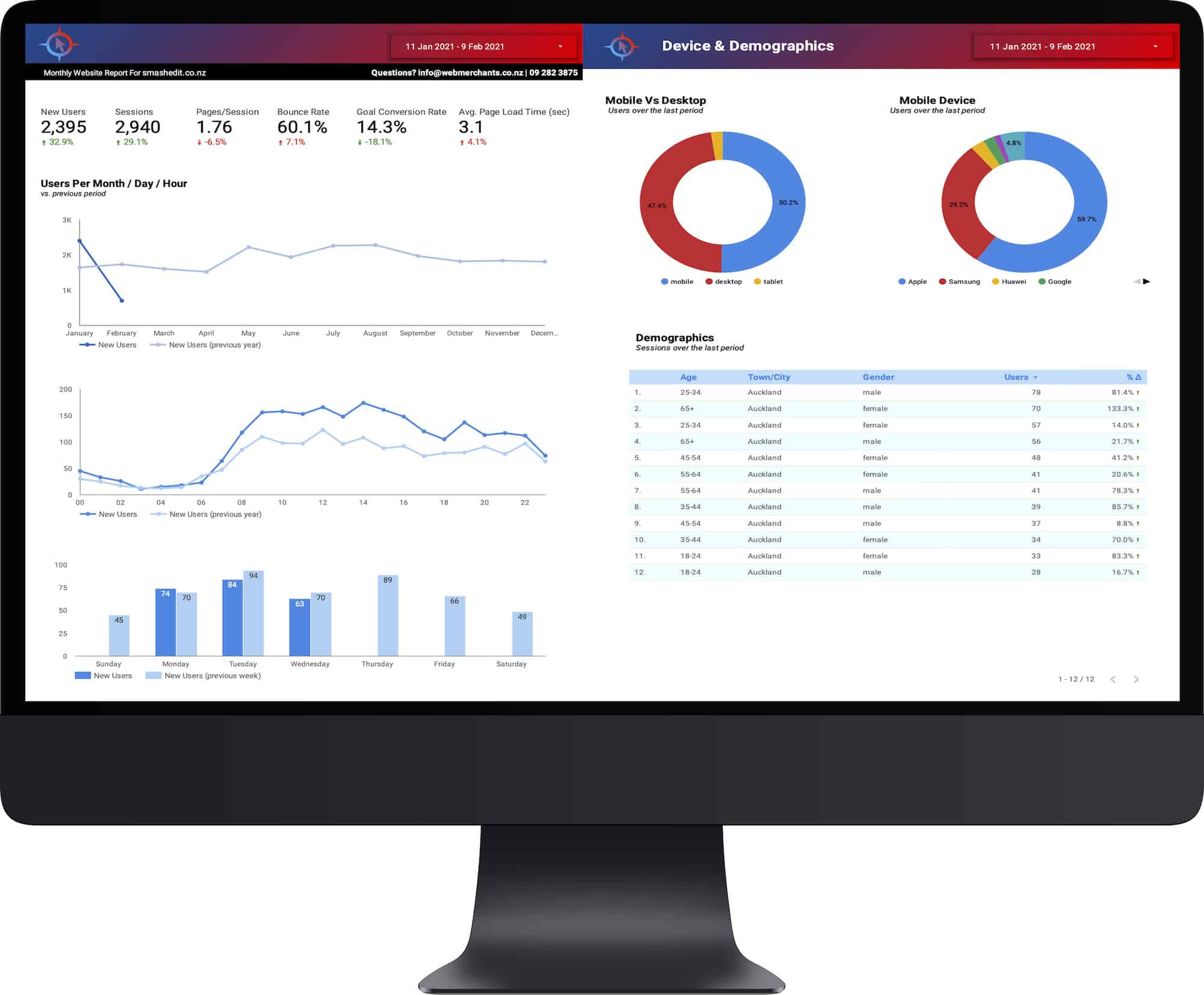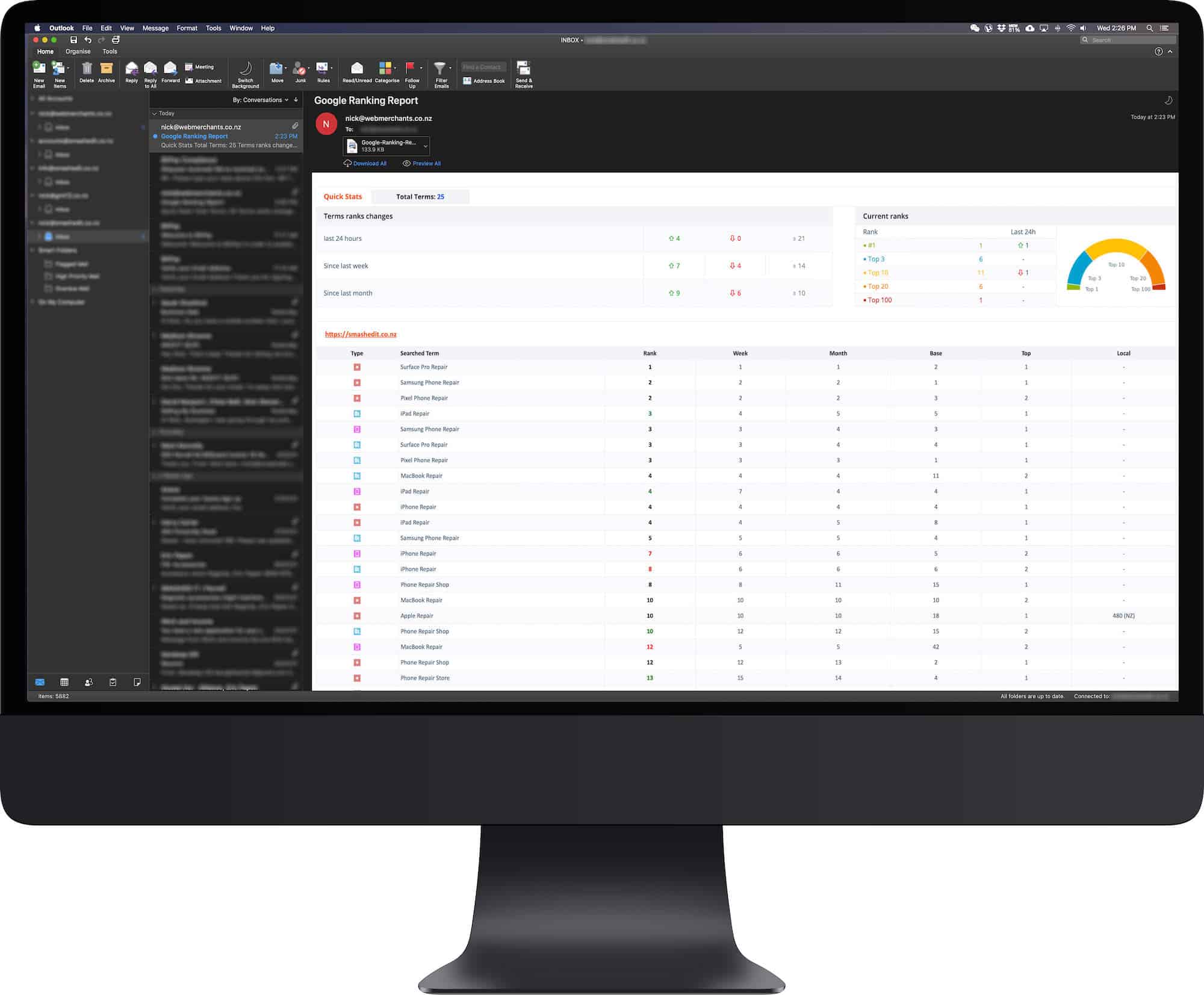Can Google Ads Boost Your Organic Search Rankings? Unveiling Insights

Can Google Ads Improve Your Organic SERP? The “(Not Provided)” Story
Back in 2011, the online marketing world in NZ and globally got a bit of a shock. Google basically pulled the plug on providing detailed organic keyword data through Google Analytics overnight. The trusty insights from the old “Google Keyword Tool” days were gone.
Why? In 2011, Google started encrypting searches (using HTTPS) for users who were logged into their Google accounts. This meant the specific keywords people searched for started showing up as “(not provided)” in Google Analytics reports. This change, Google said, was all about protecting user privacy.
For businesses relying on organic SEO, this made tracking exactly which keywords brought visitors to their site much harder. The days of easily “following the money” by seeing which organic keywords converted best were over (as explained by sources like Hallam).
The Google Keyword Planner: Built for Ads?
It’s worth noting that the Google Keyword Planner tool, which many SEOs use, was originally created for Google Ads (formerly AdWords) campaigns. It was designed to provide data for *paid* search, although many used it to get ideas for organic keywords. While the tool still exists, its data is heavily geared towards paid advertising metrics.
Why Hide Organic Keywords? Privacy vs. Profit Debate
Google’s official line on removing organic keyword data in 2011 was user privacy. Encrypting search queries stopped third parties from easily intercepting search terms, boosting user security.
However, there’s been a fair bit of debate and speculation ever since. Some believe Google’s decision was influenced by the public reaction to the NSA surveillance revelations involving Edward Snowden around that time. Encrypting search data might have been seen as a way to ease privacy concerns (a view discussed by sources like Foster Web Marketing).
Others pointed to a potential business motive. Critics noted that while *organic* keyword data vanished, detailed keyword data for *paid* Google Ads campaigns remained fully available. This led many to suspect the move was partly driven by profit, nudging businesses towards paid advertising to regain keyword insights (a perspective covered by the HubSpot Blog back in 2013).
Going down the rabbit hole of conspiracy theories can lead anywhere, but Google’s official stance remains user privacy.
[Image placeholder: Example of NZ Organic Google Keyword Tool Results from 2011]
RANK’s Research: The Link Between Google Ads and Organic Ranking
Since that big change in 2011, here at RANK, we’ve invested heavily (over $200k NZD) in research and development trying to understand the relationship between running Google Ads and achieving organic rankings.
We’ve pushed the boundaries with testing – so much so that some of our testing IPs got banned or blacklisted along the way! It was a calculated risk, but the insights gained were worth it.
Our 8-Year Experiment Summary:
- We ran tests using 50 domains spread across 5 different countries over roughly 8 years.
- Half the domains (25) ran Google Ads campaigns; the other half (25) did not.
- Websites within the same niche were used across both groups for comparison.
- We tested various Google Ads budget levels.
- Consistent organic on-page and off-page SEO strategies were applied across *all* 50 sites.
RANK’s Findings: A Correlation Observed
What did we find? After the 2011 changes, many websites lost their top organic positions and struggled to recover. Around this time, RANK began experimenting with techniques like domain washing and successfully recovered all our affected test sites.
Crucially, in our 50-website experiment, we observed that almost every single site paying for Google Ads consistently outranked the comparable sites that weren’t running Ads. We saw variations depending on the ad budget and the target keywords, of course. We even tested some ‘Black Hat’ SEO methods to see how sensitive the algorithm was.
The results strongly suggested a correlation: sites actively using Google Ads seemed to be favoured by the algorithm, or at least recovered and performed better organically post-2011 updates compared to those solely relying on organic SEO.
What Does This Mean for Your NZ Business?
While Google officially states Ads don’t directly influence organic rank, our extensive testing suggests a strong correlation exists, particularly in competitive NZ markets. Running strategic Google Ads campaigns might offer benefits beyond just the paid clicks.
Next Steps & Further Reading
My next blog post will delve deeper into the specific link between Google Ads, keyword relevance, and individual pages on your website – exploring how you might strategically use Google Ads to benefit your organic rankings.
For more perspectives on the “(not provided)” change and its implications, consider the articles referenced earlier from Foster Web Marketing and the HubSpot Blog.
We Create & Manage Awesome Digital Experiences
By Designing Custom Websites That Engage & Convert
Specialising in Small “Local” Businesses
Web Merchants
Clean Responsive Designs
Responsive websites designed in a clean easy to navigate layout, which are optimised for interactions & conversions.
The aim is to deliver the “What” & “How” within 4 seconds.


SEO As Standard
Websites are optimised to industry best practices and then audited monthly for keyword research, page speed, mobile responsiveness, meta tags; among others.
Website Reporting
View website stats in realtime on any browser in a clean easy to read report. Know your customer by demographics, geographics, busiest time of day; among many others.
The 5 page report breaks down virtually every metric so business owners can easily track and identify key sales data.
Fast Sites
Local high spec servers over a CDN offer the fastest page speed. This dramatically improves SEO vs shared hosting options.
The target is for a web page to load in under 3 seconds.

